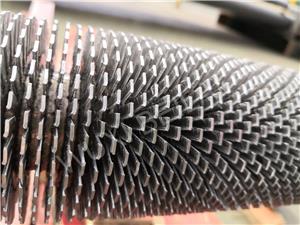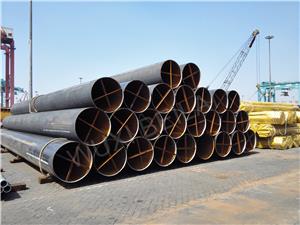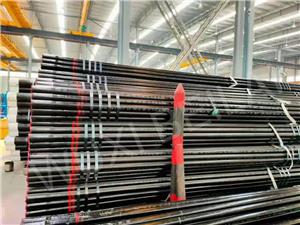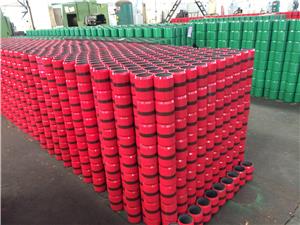What are the effects of carbon and silicon on the performance of seamless steel pipes?
As an important metal material, the performance of seamless steel pipe is affected by a variety of chemical elements, among which the content of carbon and silicon is particularly critical to its performance. In this paper, the effects of carbon and silicon elements in seamless steel pipes on steel properties will be discussed in detail.
First of all, we look at the impact of carbon on the performance of seamless steel pipes. Carbon is the main alloying element in steel and plays a decisive role in the properties of steel. Carbon can increase the hardness and strength of steel, but it also reduces its plasticity and toughness. In the production of seamless steel pipes, the control of carbon content is very important. With the increase of carbon content, the strength and hardness of seamless steel pipe gradually increase, but too high carbon content will lead to a sharp decline in its plasticity and toughness, thus affecting the welding performance and processing performance of the steel pipe. Therefore, in the production of seamless steel pipes, it is necessary to control a certain carbon content according to the use needs to achieve the best performance balance.
Silicon also plays an important role in seamless steel pipes. Silicon is a deoxidizer and desulfurizer that can significantly increase the strength and hardness of steel. Silicon in steel can be dissolved in ferrite and austenite, play a strengthening role. However, when the content of silicon exceeds a certain limit, it will adversely affect the plasticity, toughness and ductility of seamless steel pipes. Too high silicon content will also lead to a decline in the welding performance of the steel pipe, increasing the difficulty of processing. Therefore, in the production of seamless steel pipes, the content of silicon also needs to be strictly controlled to ensure that the performance of the steel pipes is stable and reliable.
In addition to carbon and silicon, the performance of seamless steel pipes is also affected by other elements. For example, phosphorus and sulfur, as harmful elements, will reduce the plasticity and toughness of the steel pipe, increase the cold brittleness and hot brittleness, thus affecting its performance. The alloy elements such as chromium, nickel and molybdenum can improve the strength, hardness and wear resistance of seamless steel pipes and improve their corrosion resistance. Therefore, in the production process of seamless steel pipe, it is necessary to comprehensively consider the influence of various elements, and obtain seamless steel pipe products with excellent performance through reasonable formulation and process control.




